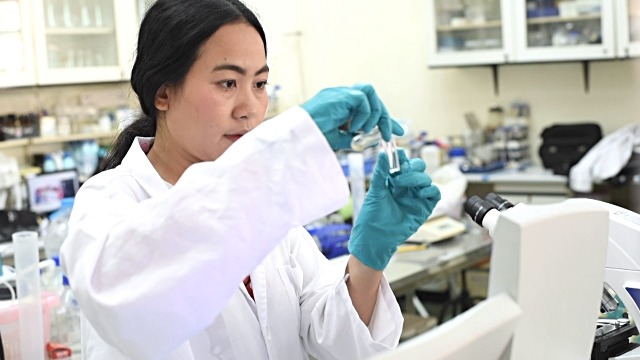Protein discovered to be main driver of kidney, heart failure. A team of researchers from the Duke-NUS Medical School have made a breakthrough discovery: a protein called interleukin 11 (IL11) is the main protein activating and speeding up the processes of kidney and heart failure.
The researchers, led by principal investigator Professor Stuart Cook, experimented on the donated heart tissue samples of 84 patients from the National Heart Centre Singapore (NHCS) for their research, which started five years ago.
They were trying to find a new gene to target that contributes to fibrosis, in which connective tissue is produced in excess, leading to organ failure in the liver, eye, lungs, skin, heart and the kidney.
Previously, the protein believed to be the main culprit was Transforming Growth Factor Beta (TGFB1), but the removal or reversal of the protein sometimes spelled adverse side effects in patients, leading to cancers or chest infections.
Prof Cook, the director of the Duke-NUS Programme in Cardiovascular and Metabolic Disorders, and his team at the NHCS looked at the samples cell by cell and gene by gene, and found that the interleukin 11 protein responded more than any other gene in the human body, showing up to 8.5 times more than normal when going through fibrosis.
The revelation was unprecedented, breaking down all previous misconceptions of the protein being harmless and dormant in the process of fibrosis.
Prof Cook even cited a previous study in 2010 that identified IL11 as antifibrotic, the complete opposite finding of his new results.
“Currently, over 225 million people suffer from a heart or kidney failure,” said Professor Terrance Chua, medical director of the NHCS. There is currently no treatment to prevent fibrosis, he added.




































